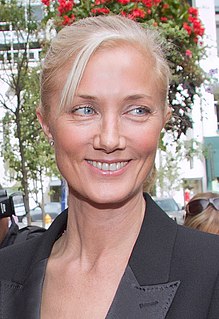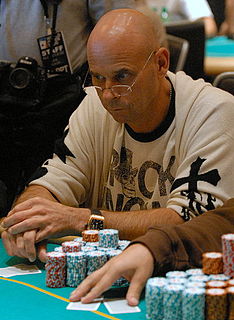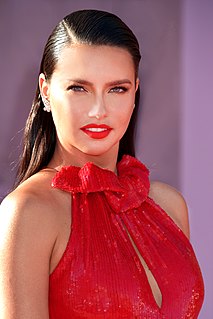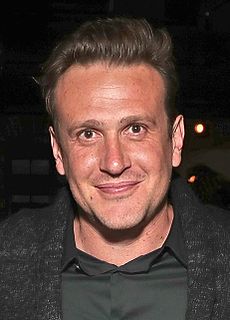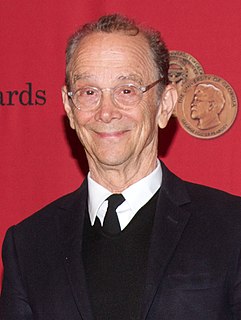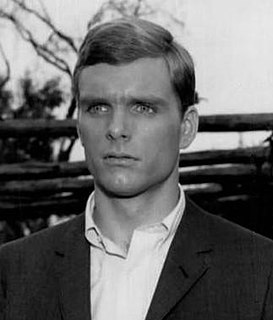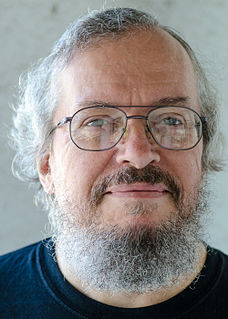A Quote by Joely Richardson
When I very first started out, I had that arrogance of youth.
Related Quotes
When we started out, we were among the first. Beijing had no and Shanghai had very few large buildings. At that time, it was all about building, building, building - and then selling, selling, selling. We were working like a manufacturer. Soon, however, we realized that land was running out in Beijing and Shanghai. So we started keeping our buildings, and managing and renting them out. We became landowners. That was the second act.
I did a show called 'Freaks and Geeks' when I was very young. And I had the naivete and arrogance of youth. You know, I really assumed that when the show got cancelled, like, oh, it doesn't matter, you just keep rolling, you know. I'm about to be the biggest star of the world. And then I was met with five years of unemployment.
After my bar mitzvah, I started to assimilate, to really not pay attention to my roots. The anti-Semitic experiences of my youth had been very painful. You try to put all that in the past and become a person of the world. I think that's the right thing to do. But it's not right to leave out who you really are. That's a tragedy.
'One Tree Hill' will always be very, very special to me. It was my first television show. And my first gig in the business. It was surreal. I booked the role when I was 13. I had just started high school, and literally, I think, a week into high school, I found out I got the role. It was unimaginable! I learned so much from that show.
I engaged - started engaging in yoga as a physical practice, but very quickly found out there was something broader to it, and that it was actually helpful for my pain, and started to get into meditation, started to study the Upanishads and the Bhagavad Gita and a lot of the scriptures associated with yoga, the Yoga Sutras, and very quickly came to this conclusion that this had a huge impact on my ability to lead, but, more importantly, the ability to control my sympathetic nervous system, which had a direct tie to the pain in my arm.
